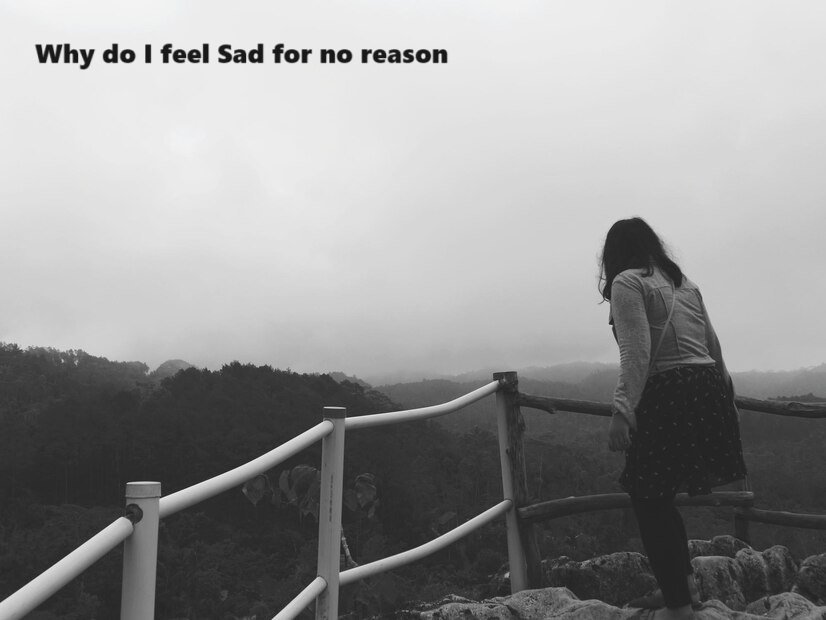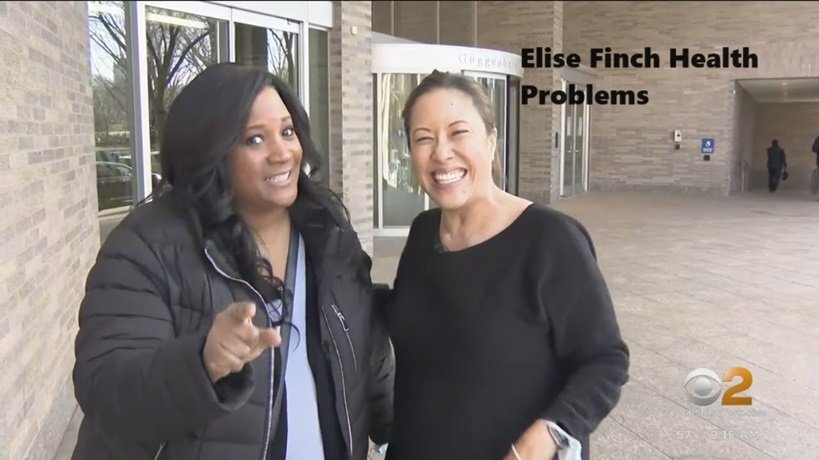Feeling sad for no apparent reason can be a confusing and distressing experience. It’s important to recognize that this is a common phenomenon and can happen to anyone. There are various factors that could contribute to feeling sad without a clear cause, ranging from biological and psychological factors to environmental and situational triggers.
Why do I feel Sad for no reason
Understanding Emotions
Emotions are complex and multifaceted experiences influenced by a variety of internal and external factors. Sadness, specifically, is a natural emotional response to certain situations such as loss, disappointment, or stress. However, when sadness occurs seemingly out of nowhere or persists despite the absence of an obvious trigger, it can be perplexing and unsettling.
Biological Factors
1. Neurochemical Imbalance:
The brain’s neurotransmitters, such as serotonin and dopamine, play crucial roles in regulating mood. Imbalances in these chemicals can lead to mood disturbances, including unexplained sadness.
2. Hormonal Changes:
Fluctuations in hormone levels, particularly in women during menstrual cycles, pregnancy, or menopause, can influence mood swings and periods of sadness.
3. Genetic Predisposition:
Some individuals may have a genetic predisposition to mood disorders such as depression, which can manifest as periods of unexplained sadness.
Psychological Factors

Unconscious Triggers:
Sometimes, emotions can be triggered by subconscious thoughts, memories, or associations that we may not be fully aware of.
Underlying Anxiety:
Anxiety disorders often coexist with depression and can lead to unexplained feelings of sadness or distress.
Coping Mechanisms:
Poor coping mechanisms or unresolved emotional issues from the past can contribute to ongoing feelings of sadness.
Environmental and Situational Triggers

Stress:
High levels of stress from work, relationships, financial issues, or other life events can overwhelm our emotional resilience, leading to unexplained sadness.
Isolation or Loneliness:
Lack of social support or meaningful connections can contribute to feelings of emptiness or sadness.
Seasonal Changes:
Seasonal Affective Disorder (SAD), a type of depression related to changes in seasons, can cause periods of unexplained sadness, particularly during winter months.
Coping Strategies
1. Self-awareness:
Recognizing and acknowledging your emotions is the first step in managing them. Keeping a journal or talking to a trusted friend or therapist can help gain insight into underlying causes.
2. Healthy Lifestyle:
Regular exercise, adequate sleep, and a balanced diet can positively impact mood and overall well-being.
3. Mindfulness and Relaxation Techniques:
Practices such as meditation, deep breathing, or yoga can help reduce stress and promote emotional stability.
4. Seeking Support:
Talking to a therapist or counselor can provide guidance in understanding and managing unexplained sadness. Therapy can also help develop healthier coping strategies and address underlying issues.
When to Seek Professional Help
Persistent feelings of sadness, especially when they interfere with daily life or last for more than two weeks, may indicate a more serious issue such as clinical depression or another mood disorder. It’s important to seek help from a mental health professional if:
- Symptoms Persist: Sadness persists despite attempts to address it through self-help strategies.
- Impact on Daily Life: Sadness interferes with work, relationships, or daily activities.
- Physical Symptoms: Unexplained physical symptoms such as fatigue, changes in appetite or sleep patterns accompany the sadness.
Conclusion
Feeling sad for no reason is a common experience that can be influenced by a variety of factors, including biological, psychological, and environmental triggers. While occasional bouts of sadness are a normal part of life, persistent or unexplained sadness may indicate an underlying issue that requires attention. Developing self-awareness, adopting healthy coping strategies, and seeking professional help when needed are essential steps in managing and understanding these emotions. Remember, you’re not alone in experiencing this, and there are resources and support available to help you navigate through it.



